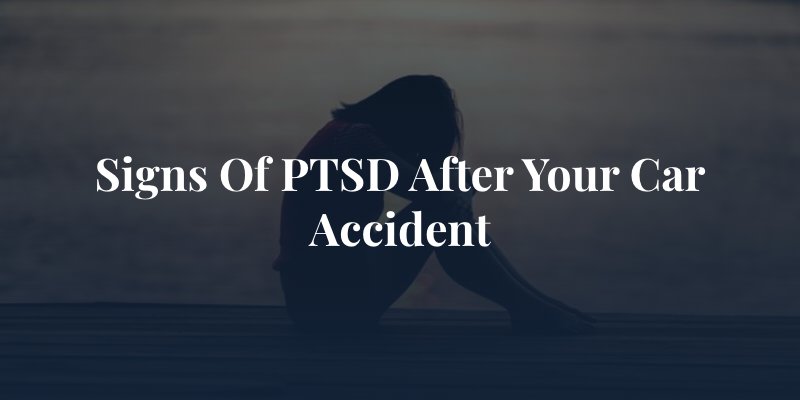
We rarely think twice about stepping into a car to reach our destination, but accidents happen every day, preventing many people from ever arriving at their destination. When an accident occurs, motorists experience a series of terrifying events, including the first initial shock, the terror of total loss of control, the horrific crash with the crunch of bending metal and breaking glass, followed by painful injuries and alarm over the condition of passengers—often those we love the most.
Some injuries are immediately visible after a car accident and victims receive emergency treatment for broken bones and blood loss, but when an injury is emotional, medical providers don’t always provide treatment or even acknowledge that the condition is real. However, studies show that 25 to 33% of car accident survivors experience symptoms of Post Traumatic Stress Disorder (PTSD) in those interviewed 30 days after the accident.
If you were in a car accident and you’re still struggling to get back to a sense of well-being even after your physical recovery, you may have PTSD. What’s more, you may be able to recover compensation for this very real condition so you can get the help you need to recover.
Car accidents are the leading cause of PTSD cases in the United States. Sadly, this isn’t something commonly acknowledged. Many sufferers do not seek treatment but instead consider their symptoms as something they simply have to live with and hope pass. Symptoms commonly experienced by those who suffer from PTSD after an accident include some or all of the following:
If you or a loved one exhibits any of these symptoms of PTSD after a car accident, it’s important to know that there is help available.
It’s normal to have some anxiety and depression in the days after an accident, especially when dealing with painful injuries, a totaled vehicle, and insurance difficulties, but if these symptoms continue for weeks or months after the accident and interfere with your ability to enjoy your life, it’s important to seek help from a qualified therapist. Therapy for PTSD is one of the damages accident victims can claim after an accident so you won’t be left responsible for the undue expenses if someone else was at fault for the accident. Speak to your accident attorney in Sarasota and Bradenton about seeking help and compensation for PTSD.